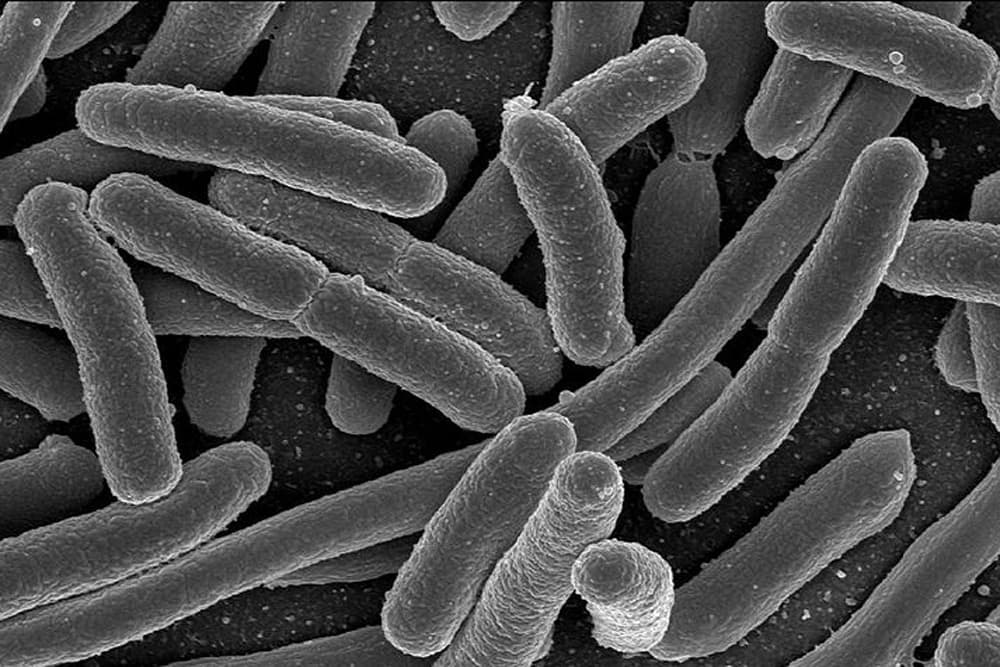Advertisement
How Your Gut Bacteria Influences Your Emotions
ResumeWith guest host Jane Clayson.
Can bacteria in your gut influence your brain? Your mood? Your emotions? Top scientists say yes.

The human body is crawling with trillions of microorganisms. They outnumber human cells. Scientists think this gut bacteria could play a key role in how our bodies run. More and more researchers are looking not just at how the microbiome affects our health, but how it could affect our brain. Beyond digestion and stomach diseases. To how we think and feel. Tying gut bacteria to anxiety, depression, and other disorders. And the medical potential could be huge. This hour On Point: we’re going deep into the gut and the bacteria that could have a big impact on our entire body.
-- Jane Clayson
Guests
Peter Andrey Smith, Brooklyn-based freelance writer specializing in stories about food, science, and tech. (@petersm_th)
Dr. Emeran Mayer, Gastroenterologist and professor in the Department of Medicine, Psychiatry, and Physiology at UCLA, where he is also director of the Gail and Gerald Oppenheimer Family Center for Neurobiology of Stress. Co-director of the CURE Digestive Diseases Research Center.
Rob Knight, Microbiologist and director of the Microbiome Initiative at the University of California San Diego, where he is also a professor of pediatrics and computer science. Co-founder of the American Gut Project. Co-author of “Follow Your Gut: The Enormous Impact of Tiny Microbes”
From The Reading List
New York Times: Can the bacteria in your gut explain your mood?— "Micro-organisms in our gut secrete a profound number of chemicals, and researchers like Lyte have found that among those chemicals are the same substances used by our neurons to communicate and regulate mood, like dopamine, serotonin and gamma-aminobutyric acid (GABA). These, in turn, appear to play a function in intestinal disorders, which coincide with high levels of major depression and anxiety."
NPR: One scientists's race to help microbes help you — "Right now a lot of microbiome research is about pattern discovery. We're finding connections between microbes and all kinds of conditions we never knew they were involved with — ranging from obesity to colon cancer to rheumatoid arthritis and (in mouse models) even things like autism, depression and multiple sclerosis."
Live Science: The microbe-brain connection — "There are at least three ways gut microbes are communicating with the brain: the first is directly through the vagal nerve, which connects the network of nerves in the gut to the brain; the second is through circulating immune cells that are primed, or educated, in the gut and then travel to the brain; and the third may be metabolites, molecules that are produced by microbes in the gut that enter the blood and circulate to regions of the brain where they affect behavior."
This program aired on June 29, 2015.